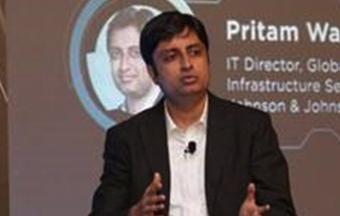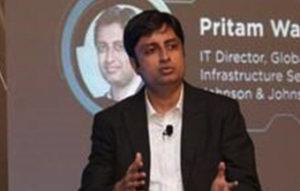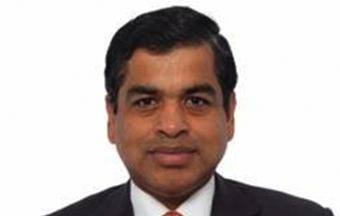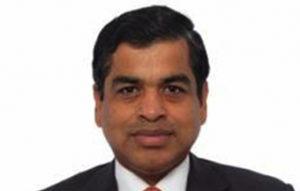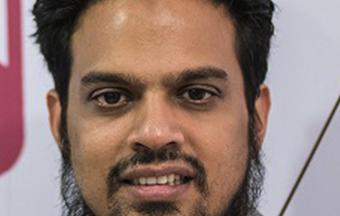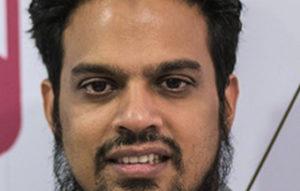 Steve Ng is the Lead for Digital Platform Operations (Digital Group) in Mediacorp, with a keen interest and vision in adopting new technologies and solutions to improving the work environment. In Mediacorp’s Digital Transformation journey, Steve is instrumental in upgrading its cybersecurity using Artificial Intelligence (AI) and Machine Learning (ML), behavioral and pattern recognition with the intent to quickly identify, isolate and neutralize threats. Steve is also leading the Blockchain initiative in Mediacorp, developing use cases and applications, and building up the blockchain technology ecosystem to enhancing customer experience, corporate governance, and streamlining business systems.
Steve Ng is the Lead for Digital Platform Operations (Digital Group) in Mediacorp, with a keen interest and vision in adopting new technologies and solutions to improving the work environment. In Mediacorp’s Digital Transformation journey, Steve is instrumental in upgrading its cybersecurity using Artificial Intelligence (AI) and Machine Learning (ML), behavioral and pattern recognition with the intent to quickly identify, isolate and neutralize threats. Steve is also leading the Blockchain initiative in Mediacorp, developing use cases and applications, and building up the blockchain technology ecosystem to enhancing customer experience, corporate governance, and streamlining business systems.
1) What do you feel are the biggest challenges IT leaders are currently faced with within their business?
Cybersecurity threats, unknowns in their environment, and widening skill gaps are three of the key challenges faced in my opinion.
Cybersecurity threats landscape is continuously evolving, getting more sophisticated in design and our reaction time is shortening. All these factors combined caused IT leaders to scramble for quick fixes and reprioritise IT budget on the fly.
Acquiring cybersecurity talents with relevant skills and experience is also another challenging task. Most of the time, candidates do not have the necessary skills and credentials, as well as sufficient work experience to be competent on the job. Besides hiring, we are also upgrading our own people’s skill set with a long-term approach.
2) As an IT leader, what do you feel businesses continue to get wrong when it comes to their IT strategy?
Generally, the lack of strategy and execution of plans due to pressure to fire fight any immediate issues aka knee-jerk reactions. We may be solving urgent issues but may not be the important and strategic tasks.
Resource planning is another factor, with a mid-term strategic plan, IT leaders need to identify the skill gaps, develop existing staff to take on new roles, and identify new partners to supplement the team.
3) What are the latest trends and behaviours you predict will be surfacing on the market over the coming 12 months?
Doing more with less is the common theme here. Business and IT leaders need to identify and acquire new solutions and skills for their organisation to better manage the dynamic global environment.
Knowing your data is another important trend. Having visibility and insights into our systems and operational environment can give us early warning signs of stress and potential issues. Big data, artificial intelligence and machine learning are critical platforms to help us achieve the goal of spotting the potential issues amongst the ocean of data.
4) What is the best piece of advice you have received within your job over the years?
Build a strategic vision, communicate the plans, develop the people and partner ecosystems to support the execution. This is a collection of advice from many wise mentors in my career, each adding a layer of wisdom to my thought processes, people management skills and foresight.
5) What is one key takeaway you hope our IT audience leaves with after hearing your presentation on site?
Collaboration is the key ingredient to successful outcomes. Learn from other people’s experience and journey, identify how to improve your own journey, and collaborate.




